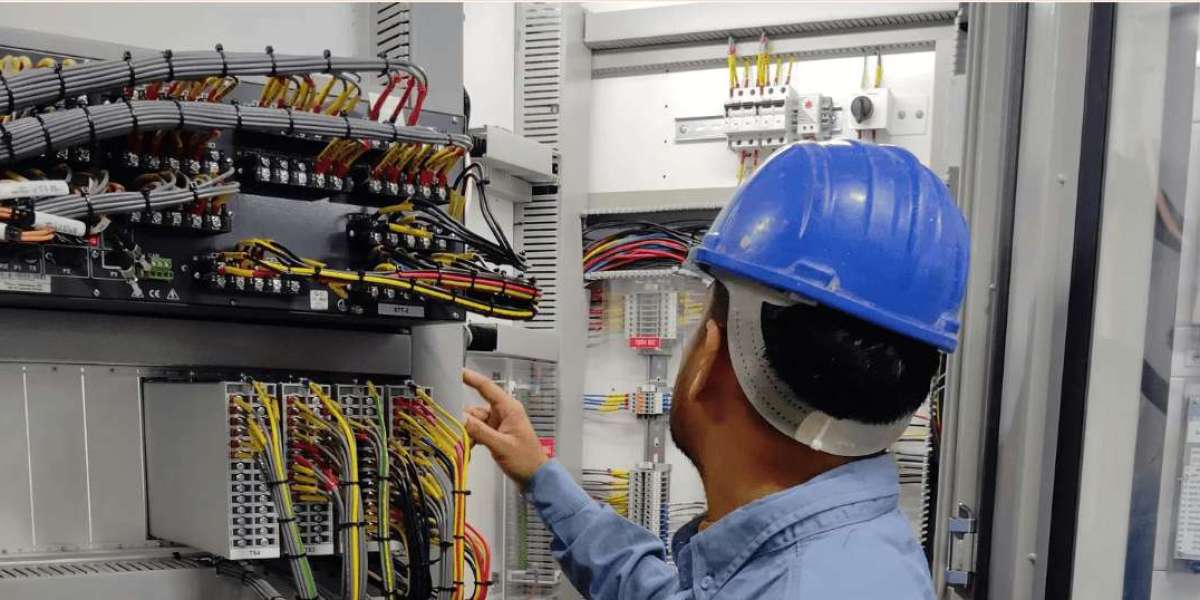Why Maintenance Coordination Matters
When a pipe leaks or the heat goes out, every minute counts. Maintenance coordination ensures that problems are fixed quickly and properly. This smart approach protects your investment and avoids costly emergency repairs.
Real Benefits:
Faster repairs: Quick response keeps tenants satisfied.
Lower costs: Planned maintenance is cheaper than last-minute fixes.
Property protection: Regular checks prevent long-term damage.
For example, fixing a small roof leak might cost $300–$500. But ignoring it could lead to thousands in water damage later. A smart maintenance plan prevents these problems before they grow.
Setting Up a Clear Maintenance Plan
A clear plan is the foundation of good maintenance coordination. It outlines what needs to be done, who does it, and when.
Key Steps:
Create a maintenance calendar — Schedule routine checks for HVAC, plumbing, landscaping, and safety systems.
List trusted vendors — Build relationships with reliable plumbers, electricians, and handymen.
Use a simple process — Tenants should know how to report issues easily (phone, email, or portal).
For example, annual HVAC servicing in Southern New Hampshire usually costs between $150–$300 per unit. Planning for this avoids emergency breakdowns in the middle of winter.
Handling Maintenance Requests Efficiently
When tenants report a problem, fast response is key. A clear system ensures nothing slips through the cracks.
Best Practices:
Acknowledge requests quickly — Even if the repair takes time, fast communication builds trust.
Prioritize by urgency — Fix water leaks and safety issues first.
Track every request — Digital tools or simple logs help monitor progress.
Example: A leaky faucet may cost $100–$200 to fix, but an ignored plumbing issue can cause water damage costing over $1,000.
Choosing Reliable Vendors and Contractors
Good vendors make maintenance coordination easier. Reliable contractors save time, money, and stress.
How to Find the Right People:
Check reviews and references — Look for consistent quality and fair pricing.
Ask about emergency services — A 24/7 plumber can be a lifesaver.
Compare quotes — Don’t just choose the cheapest option; pick the most reliable.
In Southern New Hampshire, basic plumbing repairs typically range from $150–$400. Larger jobs like water heater replacement can cost $1,000–$2,500 depending on materials and labor.
Using Technology to Simplify Coordination
Modern tools make maintenance smoother and faster.
Helpful Tools:
Online maintenance portals — Tenants can report problems and upload photos.
Scheduling apps — Track repairs and set reminders for seasonal maintenance.
Automated alerts — Get notified when tasks are completed or overdue.
For example, a property management platform can reduce response times by up to 50%, ensuring problems get fixed before they become major issues.
Maintenance Coordination Tips for Property Owners
Whether you self-manage or hire help, a few smart strategies make a big difference:
Stay proactive — Don’t wait for something to break. Schedule regular inspections.
Communicate clearly — Tenants should know how and when to report issues.
Keep records — Maintenance history helps with budgeting and legal protection.
Budget wisely — Set aside 1%–3% of the property’s value for annual maintenance.
These steps help ensure your property remains safe, functional, and profitable year-round.
Partnering With Professionals for Better Results
If managing all this sounds overwhelming, hiring experts can be a smart move. A professional property management company can handle everything from scheduling vendors to tracking repairs, freeing your time and reducing stress.
Many owners in Southern New Hampshire choose W Properties for their responsive service, reliable vendor network, and clear communication.
FAQs
What is maintenance coordination in property management?
Maintenance coordination is the process of organizing, scheduling, and tracking property repairs and upkeep. It ensures that issues are handled quickly, efficiently, and cost-effectively.
How much should I budget for property maintenance?
A good rule of thumb is to budget 1%–3% of the property’s value annually. For example, on a $300,000 property, that’s $3,000–$9,000 per year.
How do I handle emergency repairs after hours?
Create a list of trusted 24/7 vendors and establish an emergency response plan. Tenants should know exactly who to contact in urgent situations.
How can technology help with maintenance?
Online portals and apps make it easy to report, schedule, and track repairs. They reduce delays and improve communication between owners, tenants, and vendors.
Should I hire a property management company?
Yes, if you want less stress and more efficiency. A good property manager handles maintenance coordination, saving you time and preventing costly mistakes.








